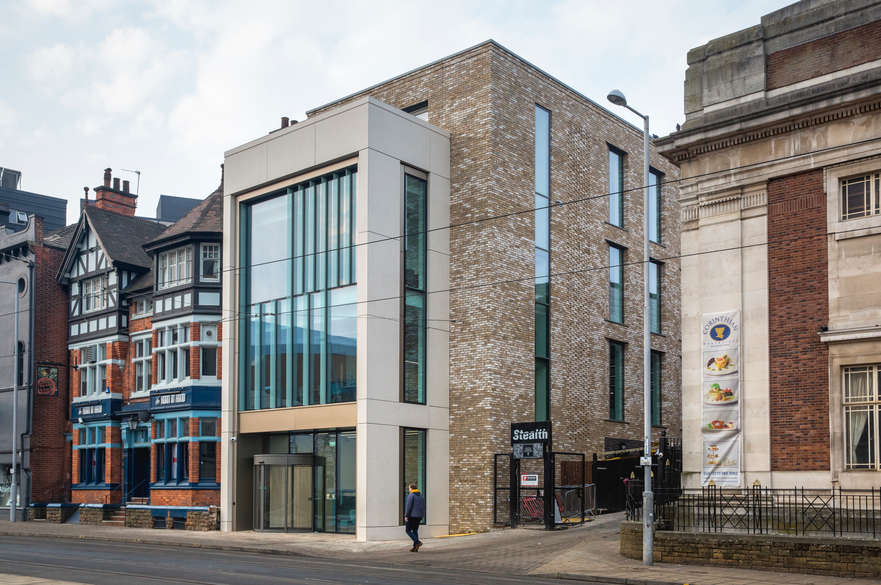Overview
The self-funded PhD project investigates the role of online memes and viral images in the transglobal socio-political landscape. Visual memes and viral images—whether still or moving image, and whether drawn or live-action—form a significant aspect of the online experience, particularly with respect to social media. Images in these bite-size cultural artefacts are usually extracted from their original frame of reference and given new meaning through the addition of text and new context. Their creators (and, in some cases, their subjects) are usually rendered anonymous, whilst memes and viral images form a canvas onto which new and equally anonymous co-creators can project political, social and/or critical commentary. Memes and viral images influence online interaction and impact offline behaviour. They have the power to form communities however they can also create discord, political tension and polarisation.
Memes and viral images are powerful tools and they have been frequently used by corporations, news organizations, social movements, politicians, special interest groups as well as non-governmental organizations. While the immense potential of memes and viral images to exert influence is frequently exploited, it remains an academically under-researched area. In a volatile time wherein individuals confront questions about gender, race, class and political allegiance, focused academic investigations into the creation, manipulation, proliferation and reception of memes and viral images will offer significant insight into their online/offline impacts on social and political thought and behaviour.
The PhD project is to be completed through the traditional pathway of a PhD by thesis. Applicants interested in this PhD project area are asked to narrow the line of enquiry in a well-defined PhD proposal of no more than 1,500 words (not including references). Under clear headings, the proposal needs to contain the following information: a relevant title for the project, an outline of the chosen research question or focus, a brief overview of existing academic work on or connected to the topic and details of the methodology. Further information and help on writing a research proposal can be found here: https://www.ntu.ac.uk/study-and-courses/postgraduate/phd/how-to-apply/writing-a-research-proposal Further information about Research Degrees at NTU as well as the application process can be found here: https://www.ntu.ac.uk/research/research-degrees-at-ntu
The successful applicant will join one of the country’s leading art and design schools which has been influencing, inspiring, and innovating since 1843. Buoyed by recent successes such as the QS subject top 100 world ranking, the school has a vibrant, forward-looking and expanding research community where collaboration, experimentation and interdisciplinarity are embraced and actively encouraged. The successful applicant will be part of the Creative Practices, Methods and Analysis CPMA research cluster. More PhD opportunities are listed on the CPMA website: https://www.ntu.ac.uk/research/groups-and-centres/groups/creative-practices,-methods-and-analysis
Enquiries about this self-funded PhD opportunity can be directed to Dr. Marco Bohr at marco.bohr@ntu.ac.uk.
Staff profiles
Entry qualifications
Entrants must have a Bachelors and a Masters Degree in a subject area relevant to the PhD research. Each degree must have been obtained with a minimum 2:1 classification (or international equivalent). English language fluency is essential.
How to apply
Applications for this PhD are accepted all year round.
Please visit our how to apply page for a step-by-step guide and make an application. For informal enquiries, please contact Dr Jemma Gilboy at jemma.gilboy@ntu.ac.uk.
Fees and funding
This opportunity is for self-funded PhD students. Applicants are encouraged to apply for external funding and we will support this process if appropriate and when required.
Find out about fees and funding for PhD projects.
Guidance and support
Find out about guidance and support for PhD students.
